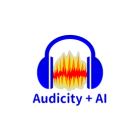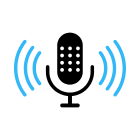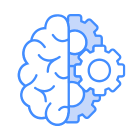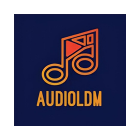Home » All Certifications » Design & Creative » AI+ Audio™
$195.00
| Modules | Percentage |
|---|---|
| Introduction to AI and Sound | 7 |
| Harnessing AI Across Audio Domains | 15 |
| Machine Learning & AI for Audio | 15 |
| Speech Recognition & Text-to-Speech | 15 |
| Audio Enhancement & Noise Reduction | 12 |
| Emotion & Sentiment Detection from Audio | 12 |
| Ethical and Privacy Considerations | 12 |
| Advanced Applications and Future Trends | 12 |



















Showcase your expertise to potential employers and professional connections.
Your certificate is secured on the blockchain for tamper-proof authenticity and can be downloaded as a high-quality PDF for personal records or professional sharing.
Celebrate your accomplishment with your network on all social platforms.



Develop intelligent sound systems that adapt to user environments, enhance audio quality, and create dynamic, immersive listening experiences across platforms.
Analyze sound data to build predictive models for music recommendation, voice recognition, and personalized audio experiences.
Design AI-driven soundscapes, automate mixing and mastering processes, and generate adaptive audio for games, films, and virtual environments.
Lead the integration of AI tools in music production, post-processing, and sound engineering to streamline workflows and boost creative output.
Drive AI transformation in the audio industry by championing intelligent sound design, personalized listening technologies, and next-generation auditory innovation.